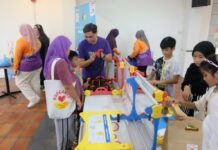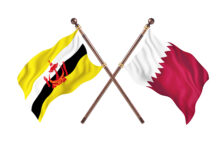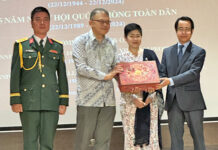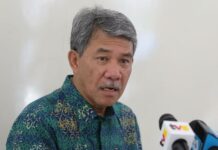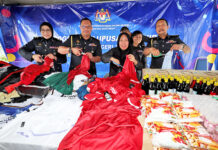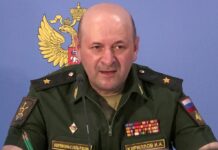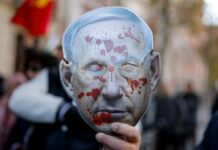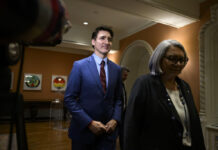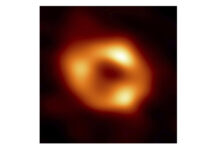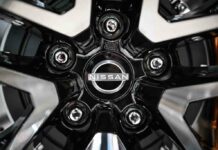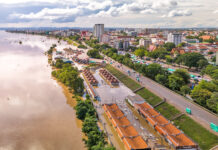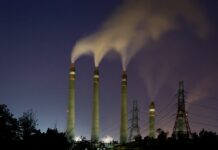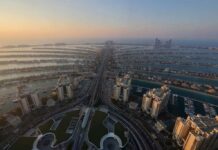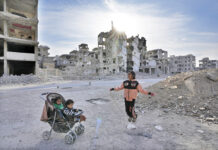AP – The United Nations (UN) atomic watchdog said on Wednesday it believes Iran has further increased its stockpile of uranium that is highly enriched to one short, technical step away from weapons-grade levels.
The International Atomic Energy Agency (IAEA) also voiced increasing concerns over Tehran’s lack of engagement with a probe that has become a sticking point in efforts to revive the Islamic Republic’s nuclear deal with world powers.
In its confidential quarterly report, the IAEA said it believes Iran has an estimated 55.6 kilogrammes of uranium enriched to up to 60 per cent fissile purity, an increase of 12.5 kilogrammes since May.
The IAEA report, which was seen by The Associated Press, also estimated that as of August 21, Iran’s stockpile of all enriched uranium was at 3,621.3 kilogrammes – an increase of 365.5 kilogrammes since the last quarterly report in May.
The Vienna-based IAEA said it was unable to verify the exact size of Iran’s stockpile of enriched uranium due to limitations that Tehran imposed on UN inspectors last year and the removal of the agency’s monitoring and surveillance equipment in June at sites in Iran.
While Iran has maintained its programme is peaceful, officials now openly discuss Tehran’s ability to seek an atomic bomb if it wanted.
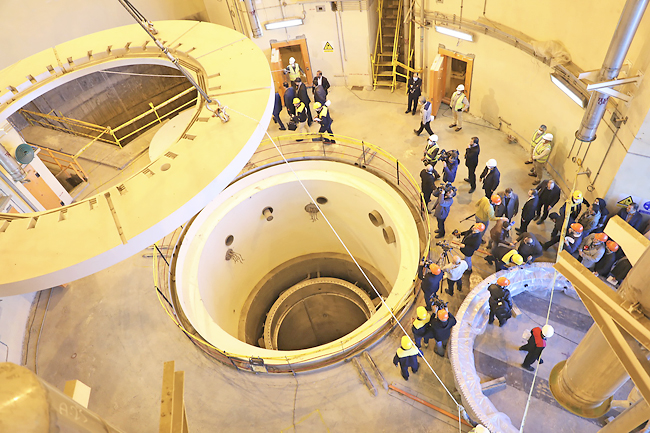
The IAEA’s assessment comes amid efforts to revive the 2015 nuclear deal, known as the Joint Comprehensive Plan of Action, which eased sanctions on Iran in return for curbs on its nuclear programme.
The United States (US) unilaterally pulled out of the accord in 2018 under then-president Donald Trump and reimposed sanctions on Iran, prompting Tehran to start backing away from the deal’s terms.
Iran last week sent a written response in negotiations over a final draft of a roadmap for parties to return to the tattered nuclear deal, though the US cast doubt on Tehran’s offer.
Were the deal to be renewed, the IAEA report said, the lack of surveillance and monitoring since IAEA cameras were removed in June would require “remedial action” to reestablish its knowledge of Iran’s activities during this period.
In a separate report, IAEA officials said they are “increasingly concerned” that Iran has not engaged on the agency’s probe into man-made uranium particles found at three undeclared sites in the country, which has become a key sticking point in the talks for a renewed deal.
Last week, Iran’s President Ebrahim Raisi maintained that the IAEA investigation into the issue must be halted in order for the 2015 deal to be renewed.
The IAEA has for years sought answers from Iran to its questions about the particles. US intelligence agencies, Western nations and the IAEA have said Iran ran an organised nuclear weapons programme until 2003. Iran long has denied ever seeking nuclear weapons.
Iran was criticised by the IAEA’s board of governors, representing member states, in June over its failure to answer questions about the sites to the inspectors’ satisfaction.
Because Iran has not further engaged with the IAEA on the issue or offered “credible” explanations for the presence of these particles, the latest IAEA report said the agency “is not in a position to provide assurance that Iran’s nuclear programme is exclusively peaceful”.

